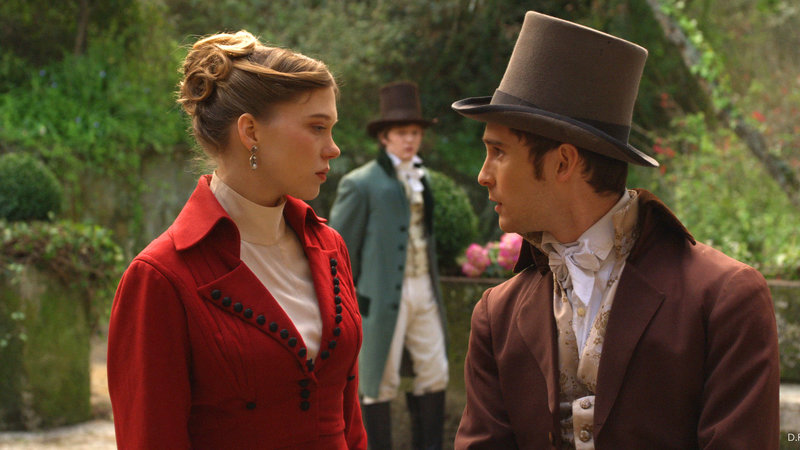A sumptuous immersion in the labyrinthine romantic intrigues and perfidies of 19th-century Portuguese nobility, priests and pirates. “Terrific costumed epic... Storytelling of breathtaking scale and grandeur.” — Empire

A masterpiece by Ruiz... shot in gorgeous colours and constantly surprising by the twists of its plot.
Screened as part of NZIFF 2011
Mysteries of Lisbon 2010
Mistérios de Lisboa
Raúl Ruiz’s Mysteries of Lisbon is one of the wonders of the year, a sumptuous epic immersion in the romantic intrigues and perfidies of 19th-century Portuguese nobility, priests and pirates. The labyrinthine plot begins with a teenage orphan, who through revelations about the people around him unlocks the secret of his own patrimony. Rife with false identities, stories within stories and surreal twists of fate, the film is opulently realised in breathtaking HD, and savours narrative conventions and fatal coincidences with the sardonic wisdom of a master storyteller. — BG
“From the first strings of the swoony, old-fashioned score by veteran composer Jorge Arriagada over the opening credits, it’s clear that Ruiz wishes to envelop the viewer in lush, traditional storytelling… He has the perfect artistic temperament for the kind of epically layered filmmaking [required for] a film of Camilo Castelo Branco’s 1852 novel, a beloved Borgesian classic of Portuguese literature little known to English-language readers. His tendency toward the baroque is tempered by a literate approach to character and a stately aesthetic…
Despite all the shifting identities this is no tale of trickery or deception – rather these are the vicissitudes of life, on high and down below, and Ruiz’s film paints on a large enough canvas to capture it all, in vivid, telling detail. Though it may seem daunting, the size of the film is its chief pleasure. There’s so much room to parry and maneuver, so many doors (some literal) to unlock, secrets and coincidences to be in thrall to.” — Michael Koresky, Reverse Shot